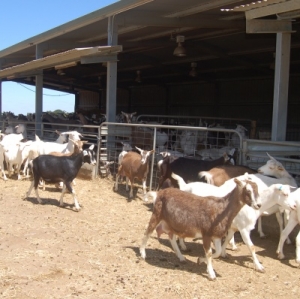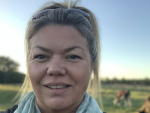A new dairy goat research facility in Waikato is expected to help lift the country’s milk supply.
Run by AgResearch, the new facility at Ruakura, Hamilton, can run 48 goats and will be used for trials including bedding preferences for kids, forage preferences and environment enrichment.
AgResearch partnership and portfolios director Dr Greg Murison says the dairy goat industry is a great example of science making a difference throughout the value chain from on-farm to off-farm, supporting Dairy Goat Cooperative (DGC) in establishing and growing its business.
“DGC has an excellent track record of developing and marketing high quality exports based on strong R&D,” he says.
AgResearch has three programmes of dairy goat research underway, two funded by the Ministry for Business, Innovation and Employment and the third by the Ministry for Primary Industries through the Sustainable Farming Fund, with cash and in-kind co-funding from DGC.
The latest project is to grow the supply of dairy goat milk via improved forage supply and superior animal welfare practices.
The first trial in the new facility looks at bedding preferences, to determine what surfaces goats favour.
DGC chairman Campbell Storey says the AgResearch work is crucial to the industry’s growth.
“There has been an industry shift to farming goats mainly indoors. There is a greater focus on animal welfare, milk quality and on producing milk... with the correct profile to produce what we believe is the best dairy goat infant formula in the world.”



















